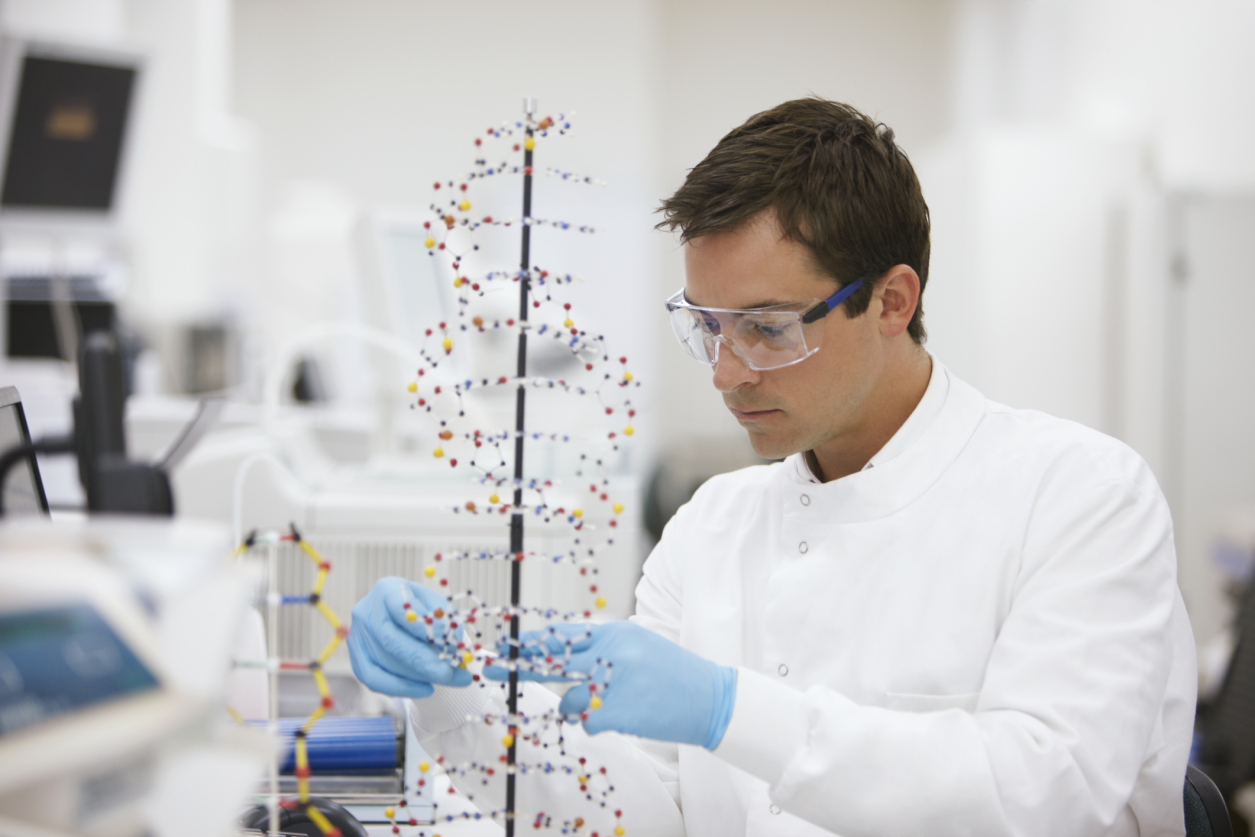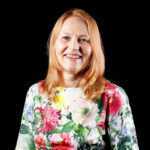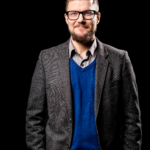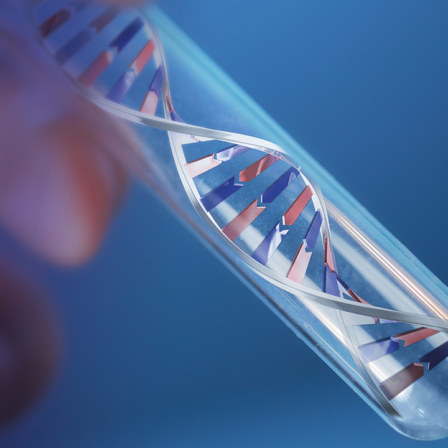This spring, the Medical Faculty of the University of Helsinki and the Institute for Molecular Medicine Finland (FIMM) trained the first 16 medical students in a course on personalised medicine. The course leaders hope that this internationally significant course will be adopted by all Finnish medical faculties.
The use of genome data in the prevention and treatment of diseases is becoming more widespread in health services, but few physicians have up-to-date knowledge and skills in genetic testing and how to exploit it in work with patients.
Together with FIMM, the Medical Faculty of the University of Helsinki aims to respond to this need for growing healthcare expertise by training future physicians. The first course on personalised medicine, funded by Sitra and which teaches students how to make use of their personal genome data as part of medical practice, has now ended at the Meilahti campus.
According to the teacher responsible, Professor Samuli Ripatti, education plays a key role in the practical implementation of next-generation genome data to promote health and customise treatment.
“The future physicians attending the course had the opportunity to unlock their own genome data and consider which part of it can currently be interpreted and which cannot, and, above all, how this information could already be exploited for the treatment of patients and the prevention of diseases,” says Professor Ripatti.
“I can now evaluate commercial genetic tests”
During the spring course, students tested their hereditary risk of cardiovascular disease by using the Cardio Compass tool and investigate the combined effects of their hereditary factors and drugs. In addition, students learned about biobank activities and research projects that seek to promote the personalised treatment of cancer patients.
The topical nature of the subject and the possibility to map her own risks were what attracted fifth-year medical student Anni Kärkkäinen to participate in this optional course. It is common for students to examine their own samples, but this was the first time that they had studied their own genetic risk data.
“The genetic test was quick and easy to perform. I learned that I’m an average Finn, so this was not shattering news. Naturally I still shared the information immediately with my family,” says Kärkkäinen.
She believes that healthcare professionals must in future be trained in personalised medicine one way or another: “It requires training and continuously keeping up with publications in the field to understand all the benefits and challenges. I can now evaluate commercial genetic tests, which I am sure to encounter in my work with patients.”
Education keeps up with changes in the field
The course on personalised medicine supports the greater transformation in health services towards more personalised and preventive healthcare. It also supports the objectives of the National Genome Strategy currently being formulated, which notes that healthcare professionals need further training to be able to use genome data in their work.
“Full genome sequencing is no longer just a scientific question but an increasingly common part of everyday patient work both in Finland and globally. This course represents the first attempt to take control of this change,” notes Risto Renkonen from the Faculty of Medicine in Helsinki.
He considers it important that the course also inspires students to consider the ethical issues involved in genetic testing, such as its reliability and how to share risk-related information with patients.
“For the time being, genome data can only be used for diagnosing specific diseases or personalising treatment. However, we are constantly gaining new knowledge and applications for use.”
The faculty has reserved a slot in its curriculum for another course on personalised medicine next semester. For now, this is an optional study module for the students. The course teachers hope that this successful study entity is also adopted nationwide.
For further information, please contact:
Samuli Ripatti, samuli.ripatti(a)helsinki.fi, +358 40 567 0826
Risto Renkonen, risto.renkonen(a)helsinki.fi, +358 50 4484704
Tuula Tiihonen, tuula.siihonen(a)www.sitra.fi, +358 29 4618269





Recommended